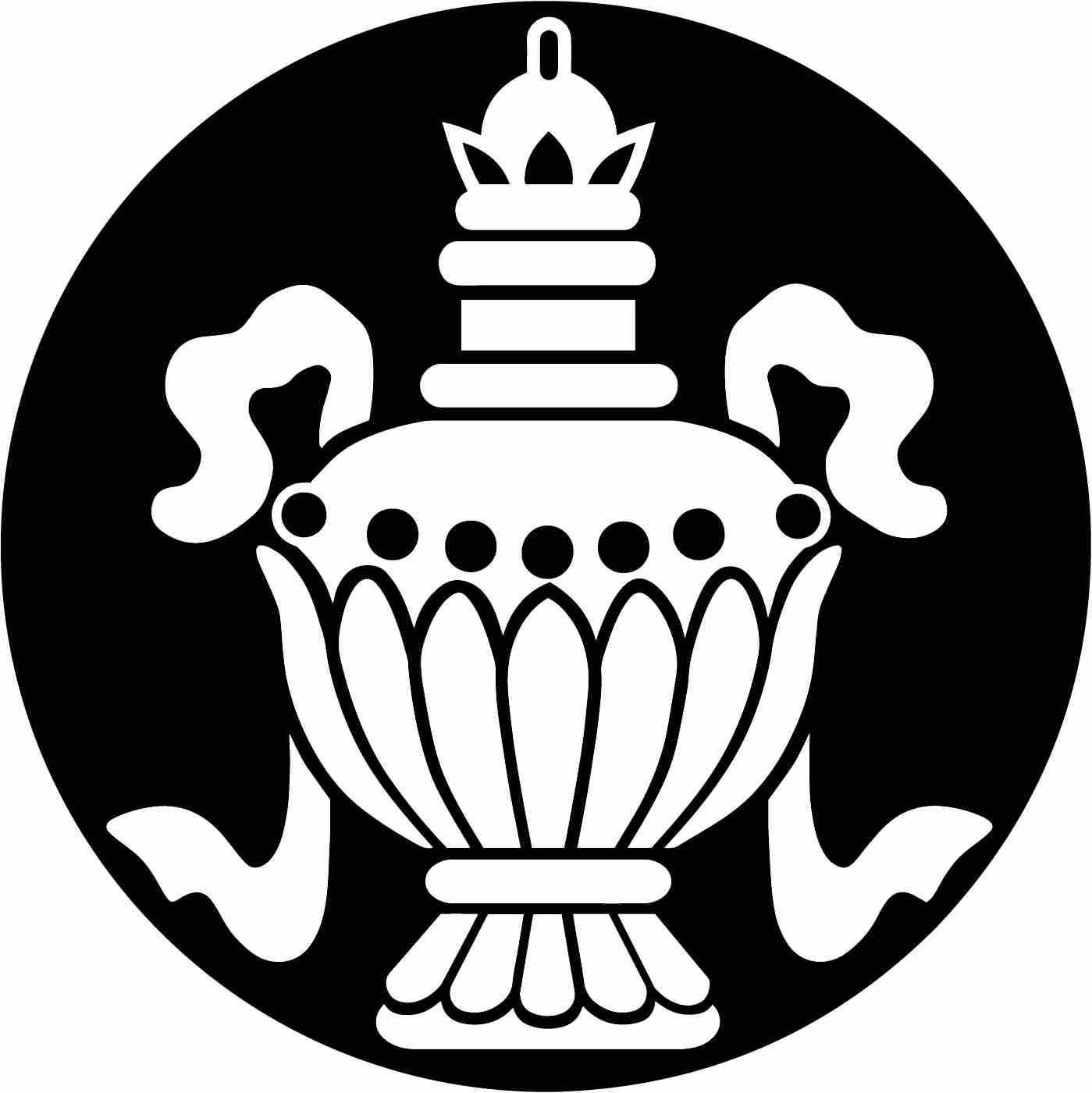A Pile of Bones Lies in the Corner

The Altai Mountains loom a day and a half behind us, a line of black teeth still visible on the edge of the world. We are headed into the southern reaches of the country, into the endless ocean of sand and bones, to see the final candidate. But rather than drive directly from the Altai into the Gobi, we make a slight detour. The tire ruts we now follow in the grass are well trod. This means many travelers follow this route. True, such a detour could add hundreds of kilometers to our journey, but here, everything is relative. A hundred kilometers on previously traveled land can go smoother than ten kilometers on virgin earth. The more direct route would take us through uninhabited regions where any unforeseen troubles can be disastrous. Even though we travel out of our way, it is a safer option. I am glad Mun chooses the more conservative path. Perhaps my twin is maturing.
An hour before nightfall we arrive at a ghostly spot. There are no paved streets, the dirt black, volcanic. The whole outpost covers a single city block, the buildings gray and blocky and built in the old Soviet style of right angles and squares. It is as if the heart of some industrialized city is picked up and dropped in the middle of nowhere. A pair of black boots hangs from a fence. A child’s wagon lies on its side. A statue of two workers in headscarves stretch their arms up to the sky, but there is no plaque, no writing.
In the middle of the square is a tree. A chair hangs in its branches, the kind you might find in a school. The chair looks inviting, as if you can climb on up and take a seat.
It’s just a mining town or old military post, says Mun.
There are abandoned outposts like this all over Mongolia, old towns built by the Russians and then junked, the landscape dotted with their ghostliness. Because it is an hour to sundown, we make camp in an empty building with no doors or windows. Inside, the floor is covered in soil, a carpet of weeds blanketing the space. A pile of bones lies in a corner; on a wall, things written in what looks like gibberish. It’s uncanny to see letters I can read but words that are foreign. Both Russia and Mongolia use the same Cyrillic alphabet, but our languages are different.
The building shades our fire from the endless winds that meet no resistance out on the long plains. Half the roof is gone so that the smoke travels up into the night. I feel like the world is turned inside out, my viscera slung on the outside of my body. Everything is inside that should be outside, a whole ecosystem blanketing the walls.
Little Bat tears apart an old desk with his bare hands and feeds the wood to the flames. Mun sits across from Uncle. In the silence, I feel a sudden fissuring inside my brother, a sinkhole opening in him that he must scramble to fill.
Isn’t it weird how only Tibetan Buddhists believe in the reincarnation of their lamas, he says. He speaks as if this thought just occurs to him. I feel myself growing angry. Between the two of us his skepticism is one thing, but to talk this way in front of the Lotus of the Deep is another matter. Stop, I think. I think it so hard Mun shudders, his head filling with my rage. But he continues. No other Buddhist sect hunts down their reincarnations, he says, just you guys.
I know where this is headed. Once at Yatuu Gol, Mun encounters an old monk from Nepal. The monk tells Mun ancient stories of great estates that prominent monks amass through their teachings. Gradually their followers gift them with treasures. In the beginning, these rich monks bequeath their estates to a nephew or a family member. But over time, the monasteries begin to institute a process by which to discover the reincarnations of these wealthy holy men. Essentially it begins as a way for a monastery to keep an estate under its control. As if to say, look—here is the same man born again in the flesh of this child. His wealth belongs to this child, who is one of us.
In the firelight, Uncle’s face is a map of shadows. Yes, existence is quite a racket, he says merrily. In among the grime something goes scurrying from darkness to darkness.